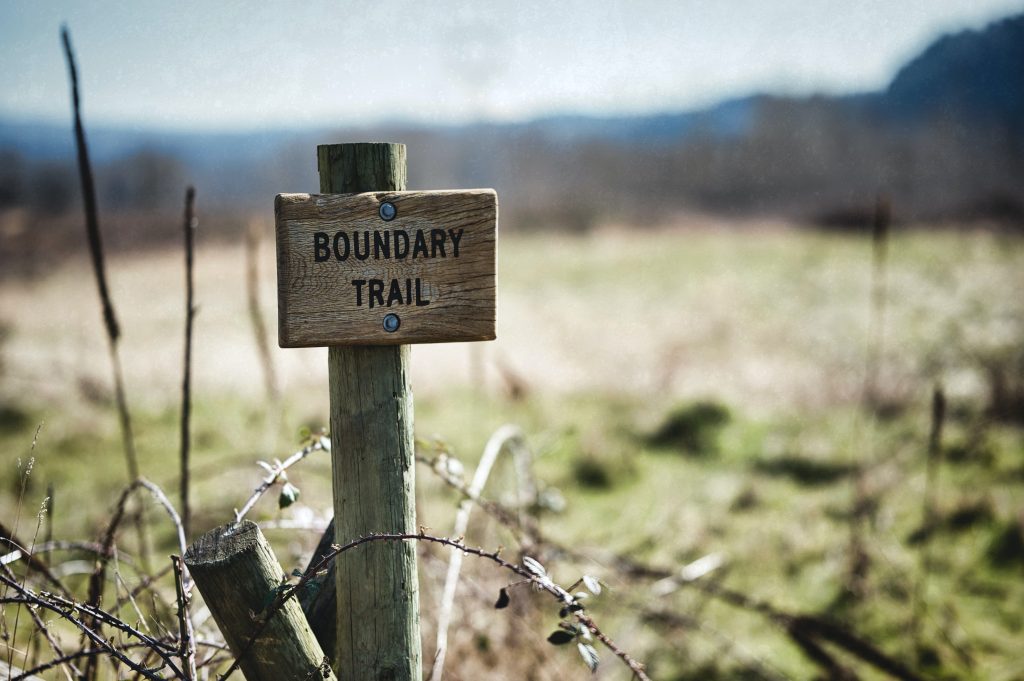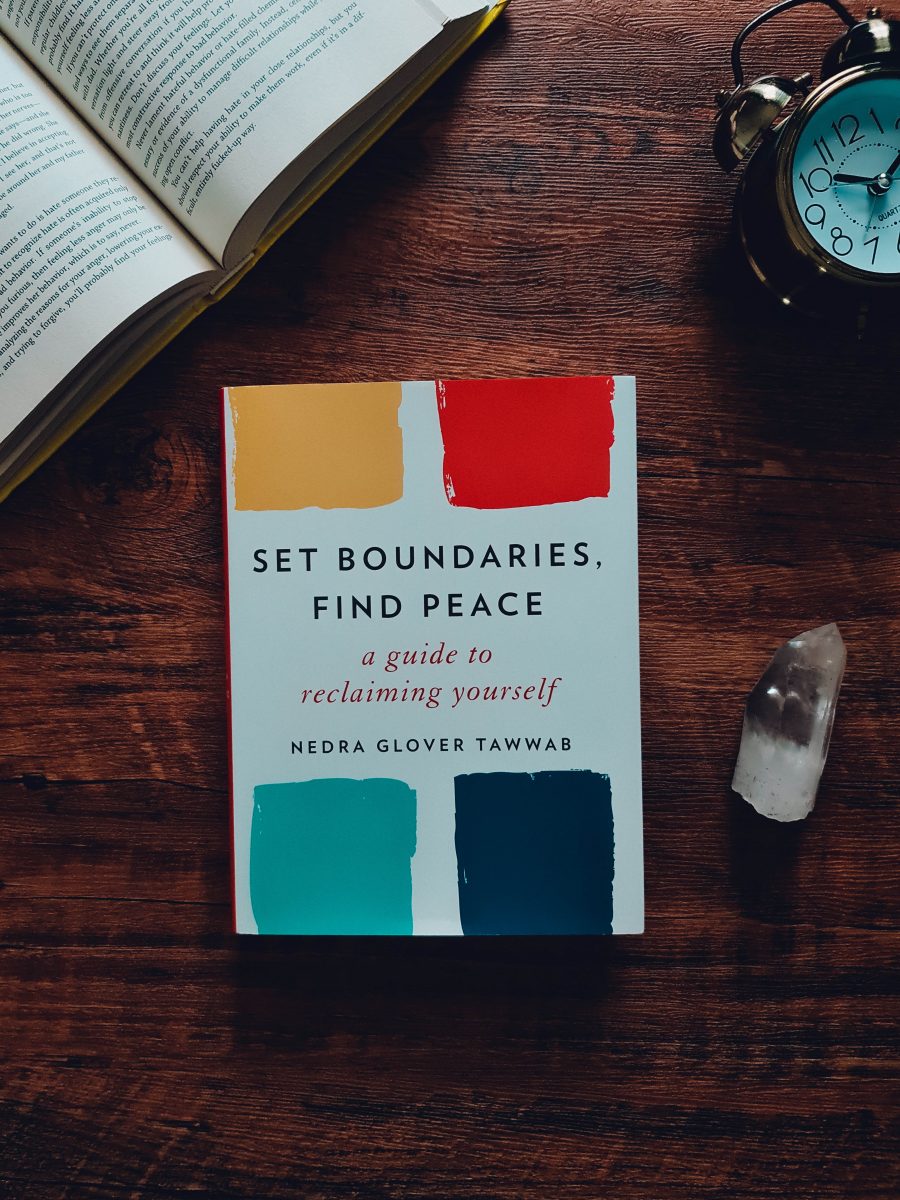Respect for oneself and others is key to healthy addiction recovery
We all have personal boundaries, often referred to as our “comfort zone.” These are limits we establish for ourselves that define our self-worth and values to protect us emotionally and physically. Usually, we respect the boundaries of others as we expect others to respect our boundaries. When our relationships with others are healthy, positive and supportive, we feel safe and respected. Maintaining healthy boundaries with others encourages a healthy self-image and mutual respect.
A healthy self-image is key to the recovery process. Therefore, setting boundaries and limits is vital for the recovering addict. Developing and maintaining boundaries is essential to achieving a healthy sense of self-worth. When addicts say ‘yes’ but their minds and bodies are saying ‘no’, their self-image is negatively impacted, resulting in discomfort and lowered self-esteem. If the recovering addict feels too uncomfortable, they are more likely to drink or use again.

Why do addicts tend to have unhealthy boundaries?
Boundary issues can typically be traced back to the addict’s past. Children might have been brought up by neglectful caregivers (parents or other guardians) who set no boundaries or failed to model nurturing emotional relationships. Children of these guardians do not know how to express emotions, how to ask for help, or how to form healthy relationships.
On the other end of the spectrum are children raised by overly strict caregivers. Setting too many boundaries conveys that the child is incapable of personal growth, good judgment and independence. These children may become overly dependent on others. The inability to appreciate and live within healthy boundaries often causes addicts to be manipulated by others and often leads to co-dependent relationships.

What are healthy boundaries?
Healthy boundaries are based on respect for oneself and others. From that arises the ability of recovering addicts and other compulsive people to take responsibility for their behaviour and words. Healthy boundaries include feeling safe and comfortable to express feelings in a calm, assertive manner and standing firm even if others do not agree. Healthy boundaries imply maintaining personal values, being yourself, and not trying to be who others think you should be.

What do unhealthy boundaries look like?
While the basis of healthy boundaries is respect for oneself and for others, the opposite is true of unhealthy boundaries. Examples of unhealthy boundaries include:
· Impulsive behaviour, especially in relationships
· Ignoring personal values to make someone else happy
· Belittling others for their beliefs or emotions
· Belittling yourself
· Attempting to impose personal beliefs on others
· Allowing others to tell you who and what you should be
· Not allowing others to take responsibility for their behaviours
· Not growing and getting comfortable in your skin.
Learning to set limits and boundaries is a part of recovery from addictions. The recovering addict must learn to listen to their body to understand how treatment by others affects them. If an addict says “yes” but their stomach is in a knot, they may want to say “no.” It is essential to identify personal values and to convey to others how they expect to be treated clearly. Moreover, addicts need to learn to be assertive, not people-pleasing or manipulative and speak up if others are not respecting their boundaries.
It is common for addicts to have never learned how to communicate desired boundaries or have been unable to speak up when boundaries have been violated in the past. For long-term success and growth and to achieve healthy relationships, recovering alcoholics must be more in control of their lives. The ability to clearly identify and compel those others to respect their boundaries gives them that sense of control. Addiction therapists strive on cultivating this perspective in their clients

Respect for oneself and others is key to recovery
For healthy recovery, addicts need to like and respect themselves enough to say “no.” A significant goal in therapy and Twelve Step programs is for addicts to learn to be comfortable with who they are, recognize their own needs and rights, and care more about what they think of themselves and less about what others think of them.
Healthy boundaries enable recovering addicts to take control of their own lives, live freely, and cultivate healthy relationships. Without healthy boundaries, fostering healthy relationships with oneself and others is an uphill task.

Freephone: 0800 140 4044
Local rate: 0300 330 3040

